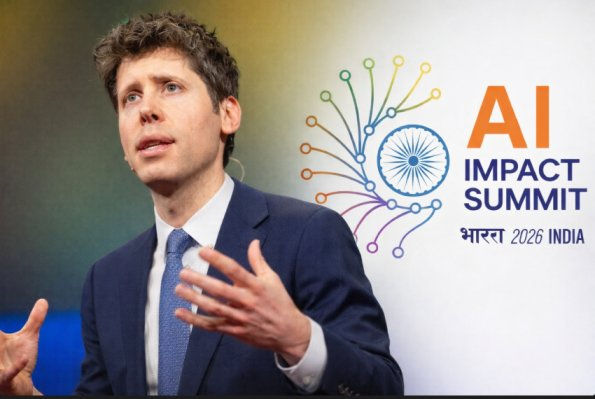Elon Musk launches Grokipedia, his alternative to Wikipedia
- Girikrishna GP

- Oct 30, 2025
- 2 min read

Elon Musk's AI company xAI launched Grokipedia on October 27, 2025. Grokipedia is marketed as "the truth, the whole truth, and nothing but the truth." The site wants to rival the popular Wikimedia Foundation’s Wikipedia with an AI-powered knowledge base using its latest chatbot, Grok. When launched, Grokipedia reportedly hosted about 885,000 articles, markedly fewer than Wikipedia's millions in English. The site boasts a minimalist aesthetic, mostly a search bar and entries created or curated by AI, and offers open access to all.
How Grokipedia Works and Why It's Different

While Wikipedia is edited by volunteer communities in accordance with transparent policies, the editorial mechanics behind Grokipedia are less clear. Initial reports indicate that its content is generated by Grok and adapted from existing Wikipedia entries-sometimes verbatim.
Musk has criticized Wikipedia for what he calls editorial bias and said Grokipedia will offer a "massive improvement" by purging propaganda and ideological slants.
However, independent media have raised serious concerns over the partiality and inaccuracies already found in Grokipedia's early entries.
What the Critics Are Saying
Major media and the Wikimedia Foundation have identified several problems with Grokipedia:
Some entries seem to lead toward right-leaning or controversial narratives rather than neutral ones.
The complete lack of transparency regarding how content is either generated or moderated frustrates editors and scholars of knowledge institutions.
There are still some questions and concerns regarding the sustainability and reliability of an AI-driven encyclopedia, considering that humans curate most foundational sources.
The Wikimedia Foundation said
"It is still in the process of understanding how Grokipedia works."
Why It Matters?
For internet users, researchers, and educators alike, Grokipedia's launch points to several broader themes:
The ever-increasing role of AI in knowledge-building and content creation: How platforms shape the framing, editing, and access to information.
Bias, ideology, and control in large online knowledge repositories: Who decides what constitutes truth, especially when it is driven by an individual or a corporation?
The challenge to established institutions: Wikipedia has been the default free encyclopedia for decades; Grokipedia represents an attempt to disrupt that model not just technologically but ideologically.
What to Watch Going Forward?
As Grokipedia evolves, the following will be important to monitor:
Editorial transparency: Will xAI publish guidelines, audit trails, or clear moderation policies?
Accuracy and sourcing: Will the articles produced with AI meet standards comparable to those produced by volunteer-led encyclopedias?
User adoption and trust: Will readers and institutions treat Grokipedia as a valid reference, or are they going to remain Wikipedia-loyal?
Regulatory and ethical scrutiny: given the power to shape information, such platforms may soon face policy and oversight questions.
Continue navigating The ScreenLight to know about more tech-related topics.












